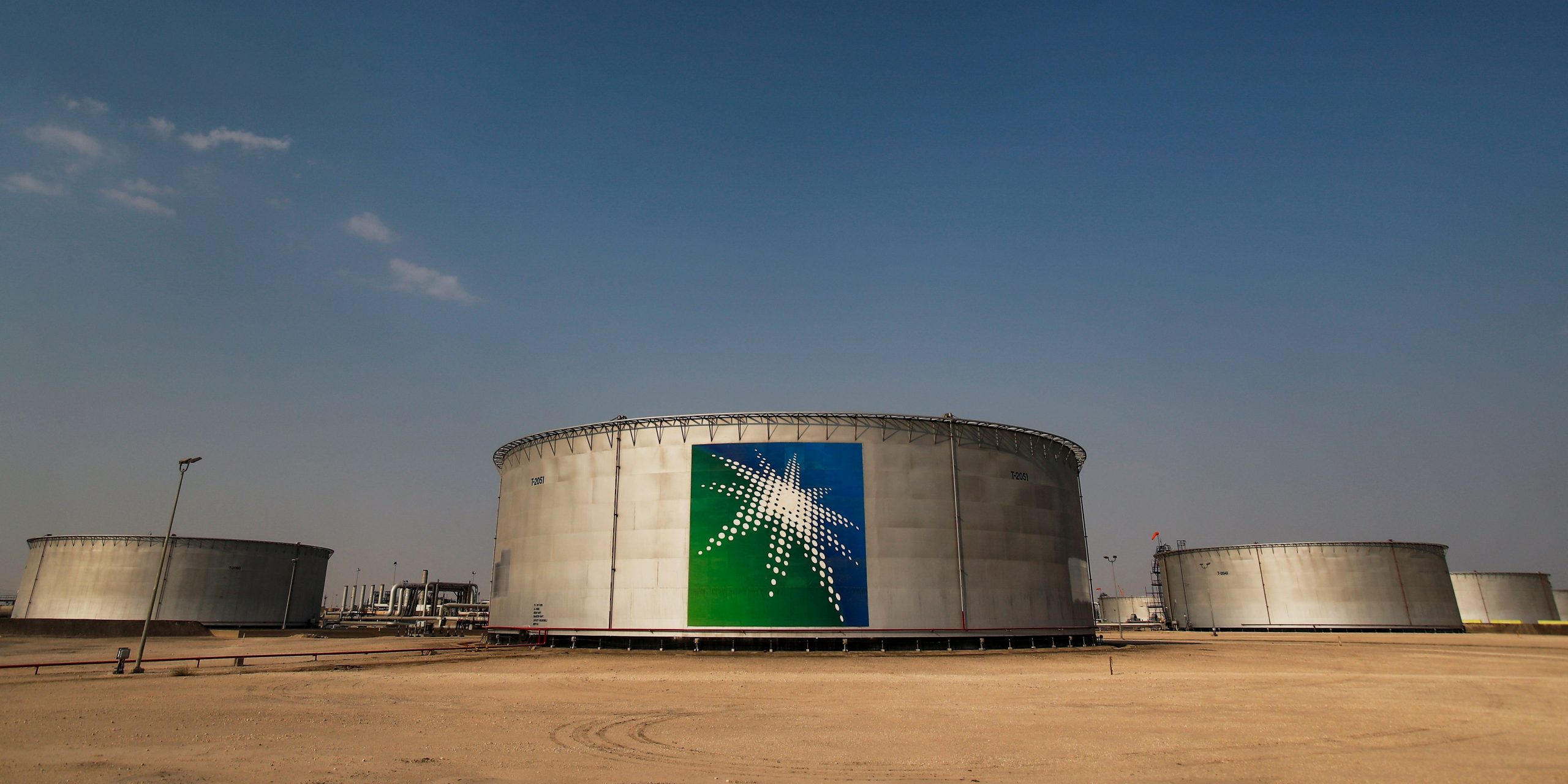
Reuters
- Saudi Aramco reported a 44% decline in net income for 2020 to $49 billion as the COVID-19 pandemic weighed on results.
- The world's largest oil company said it plans to maintain its full-year dividend worth $75 billion.
- Apple has claimed the title of the world's most profitable company from Aramco, though that may be short lived.
- See more stories on Insider's business page.
Saudi Aramco is no longer the world's most profitable company after the COVID-19 pandemic wreaked havoc on oil demand in 2020.
Aramco reported its full-year 2020 results on Sunday, showing a 44% collapse in profits to $49 billion. The world's largest oil company said that despite the results, it plans to pay out its full-year dividend of $75 billion.
"As the enormous impact of COVID-19 was felt throughout the global economy, we intensified our strong emphasis on capital and operational efficiencies," Aramco CEO Amin Nasser said.
Demand for oil was hit hard in 2020 as rolling lockdowns to combat the pandemic led to reduced travel across the globe. Oil briefly went negative, hitting $-37 per barrel as an imbalance between oil supply and demand led to limited places for storage of the commodity.
Aramco said its results were impacted by both lower crude oil prices and lower volumes sold, as well as weakened margins for its refining and chemicals business.
The results from Aramco mean Apple can now claim the title of the world's most profitable company, as it reported $59 billion in income for 2020. But that title may be short lived for Apple and could be reclaimed by Aramco, based on a strong rebound in oil prices so far in 2021 and Aramco's 2019 profit of $88 billion.
Energy represents the best performing sector so far in 2021, as WTI crude oil prices have surged 30% year-to-date.
In the year ahead, Aramco expects to spend $35 billion in capital expenditures, well below its previous guidance for $40 billion to $45 billion in spending.
"Looking ahead, our long-term strategy to optimize our oil and gas portfolio is on track and, as the macro environment improves, we are seeing a pick-up in demand in Asia and also positive signs elsewhere. We remain confident that we will emerge on the other side of this pandemic in a position of strength," Nasser said.